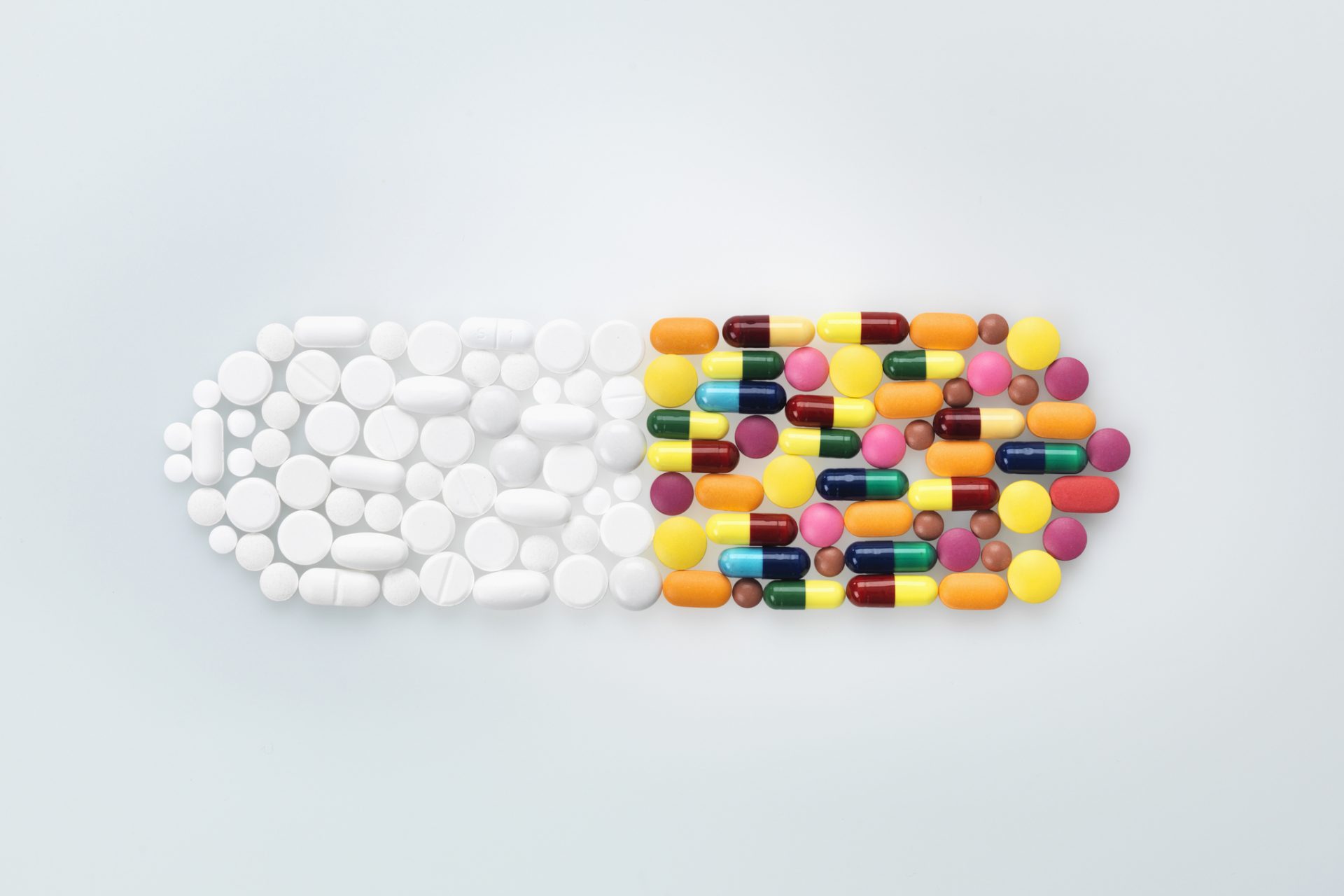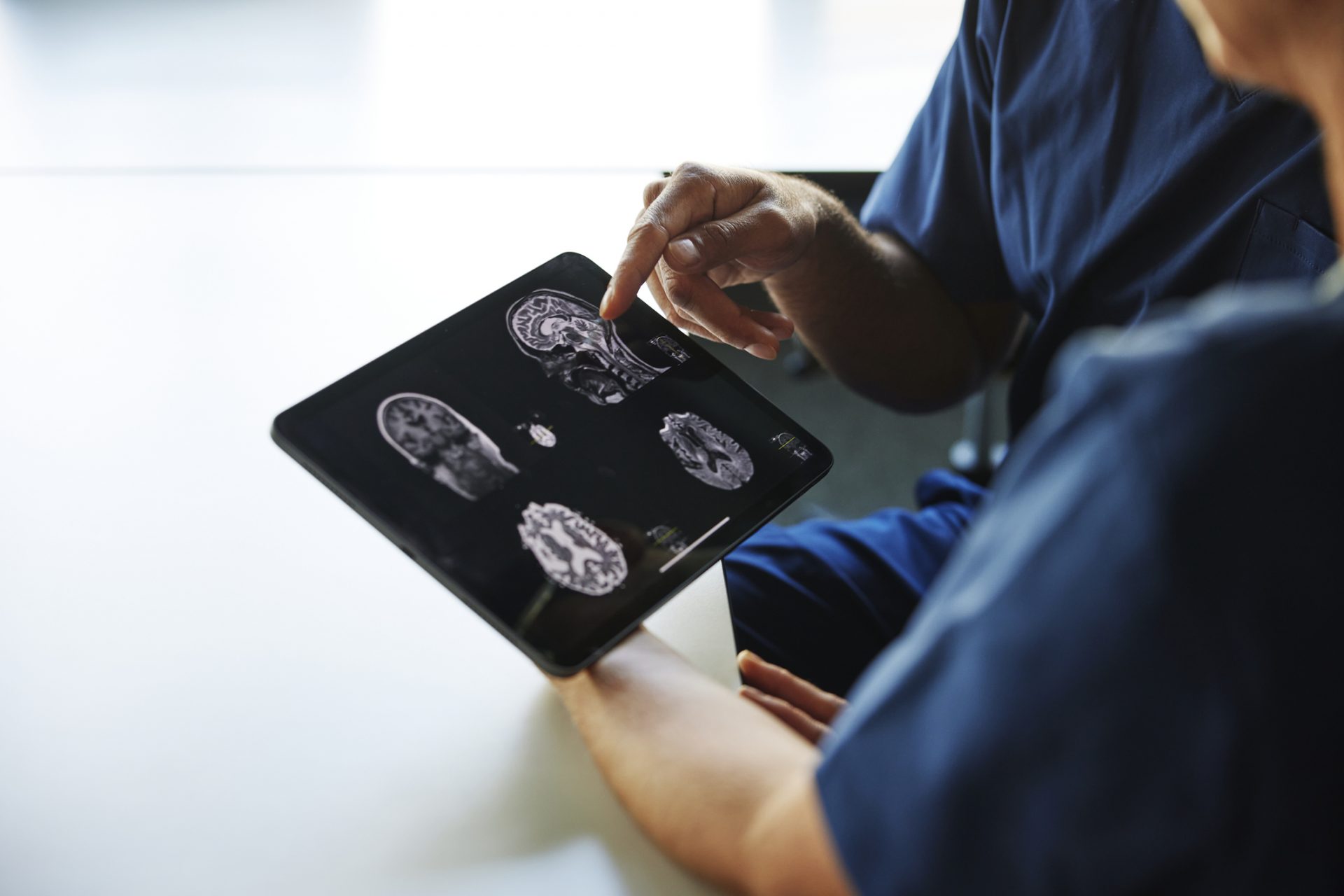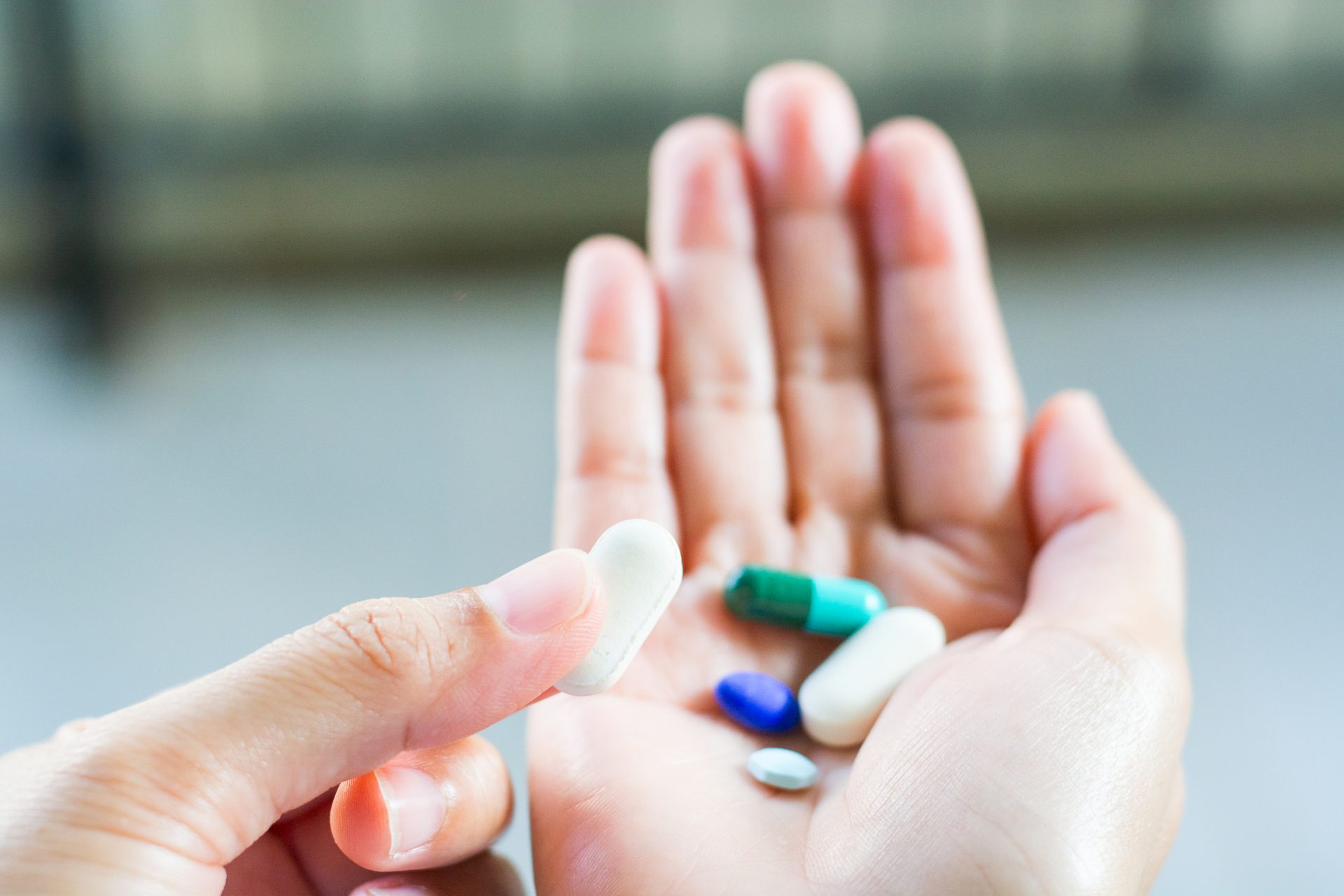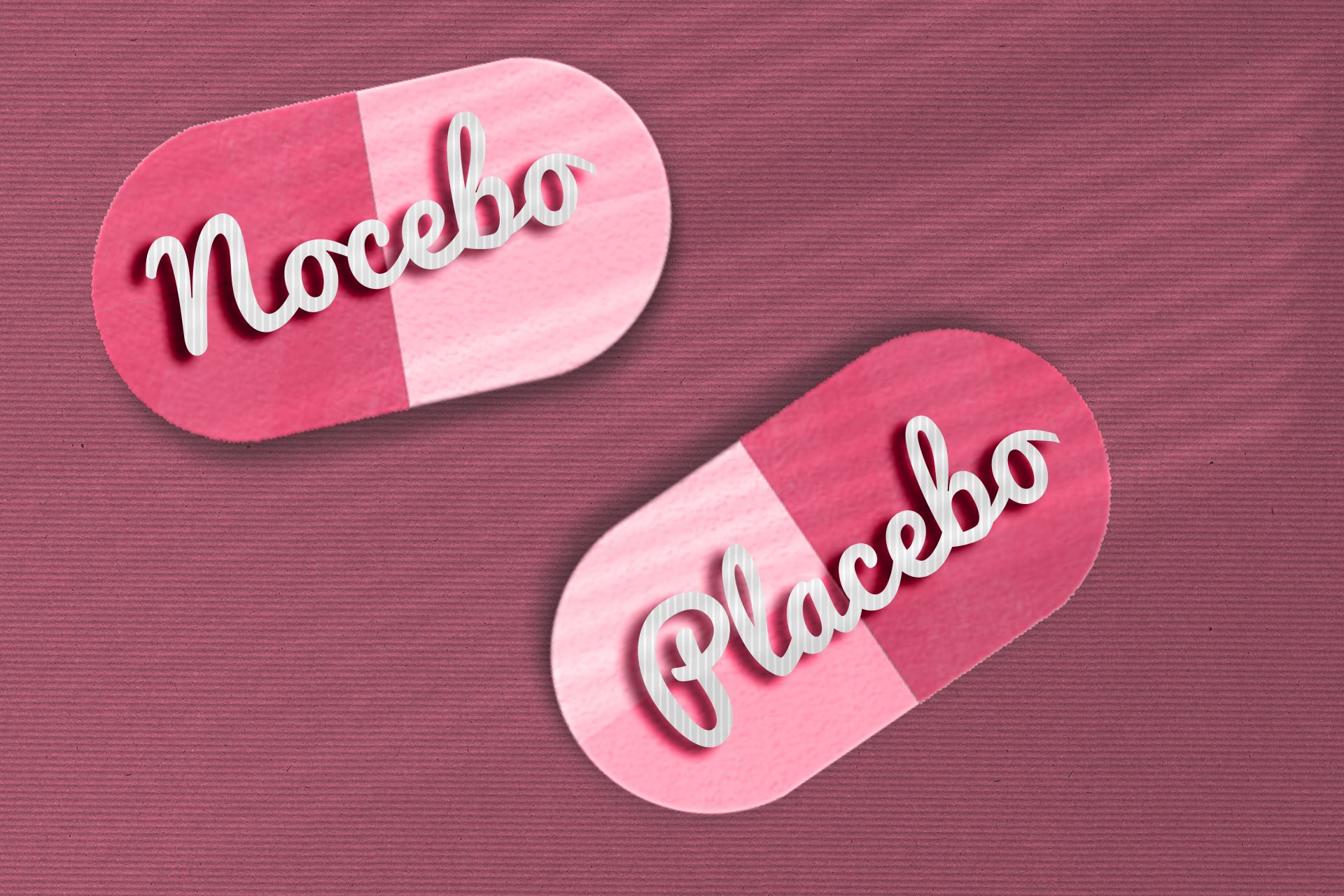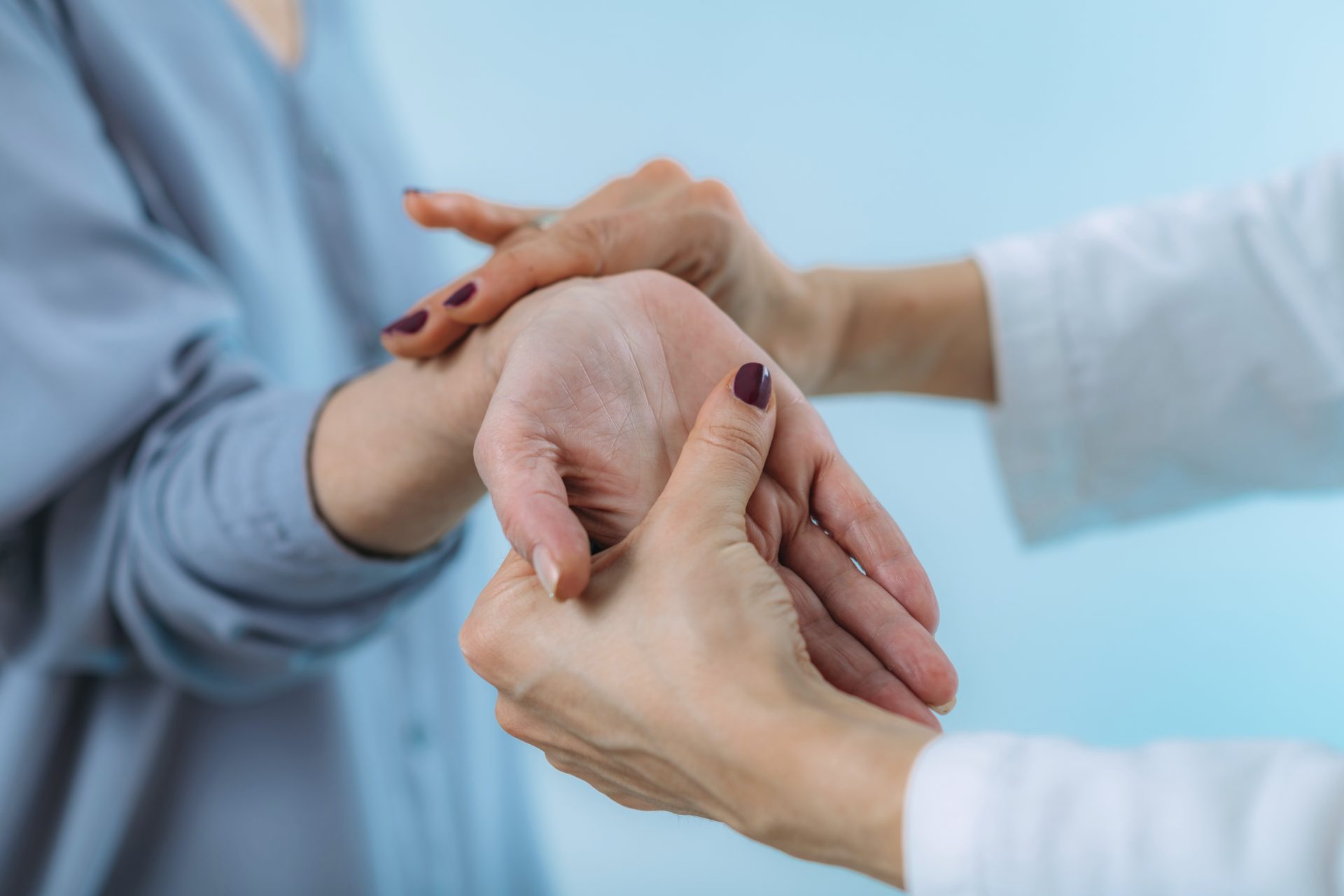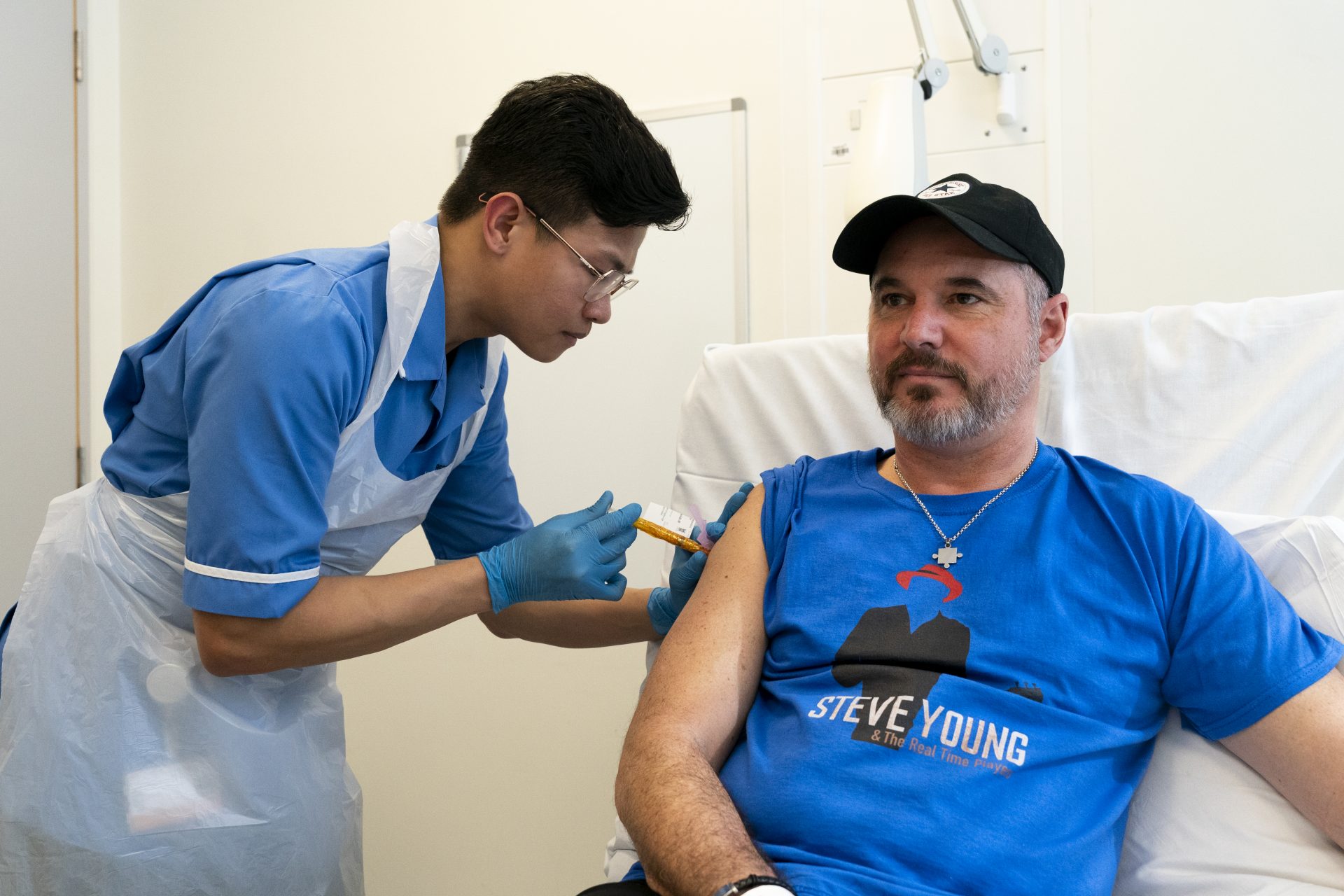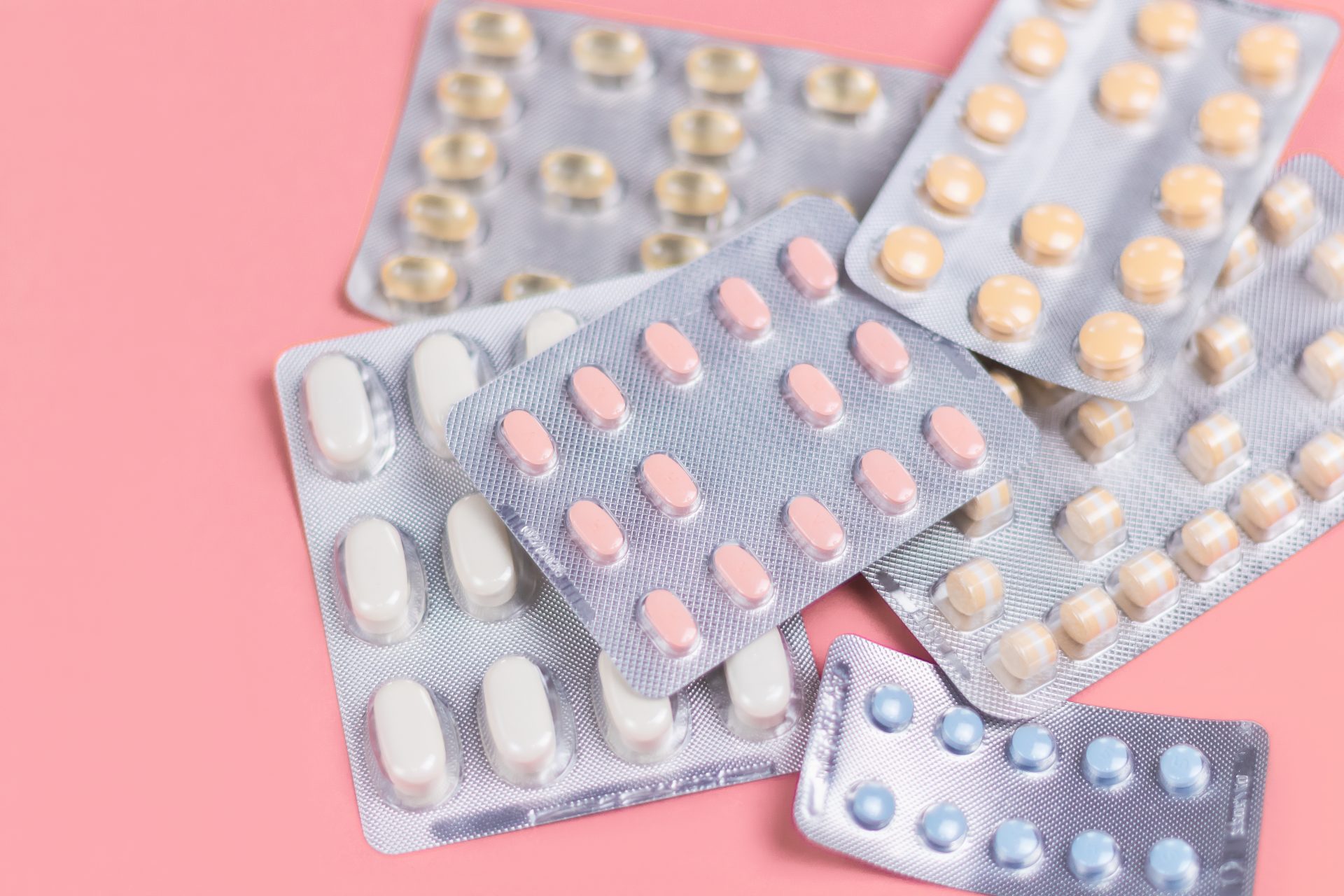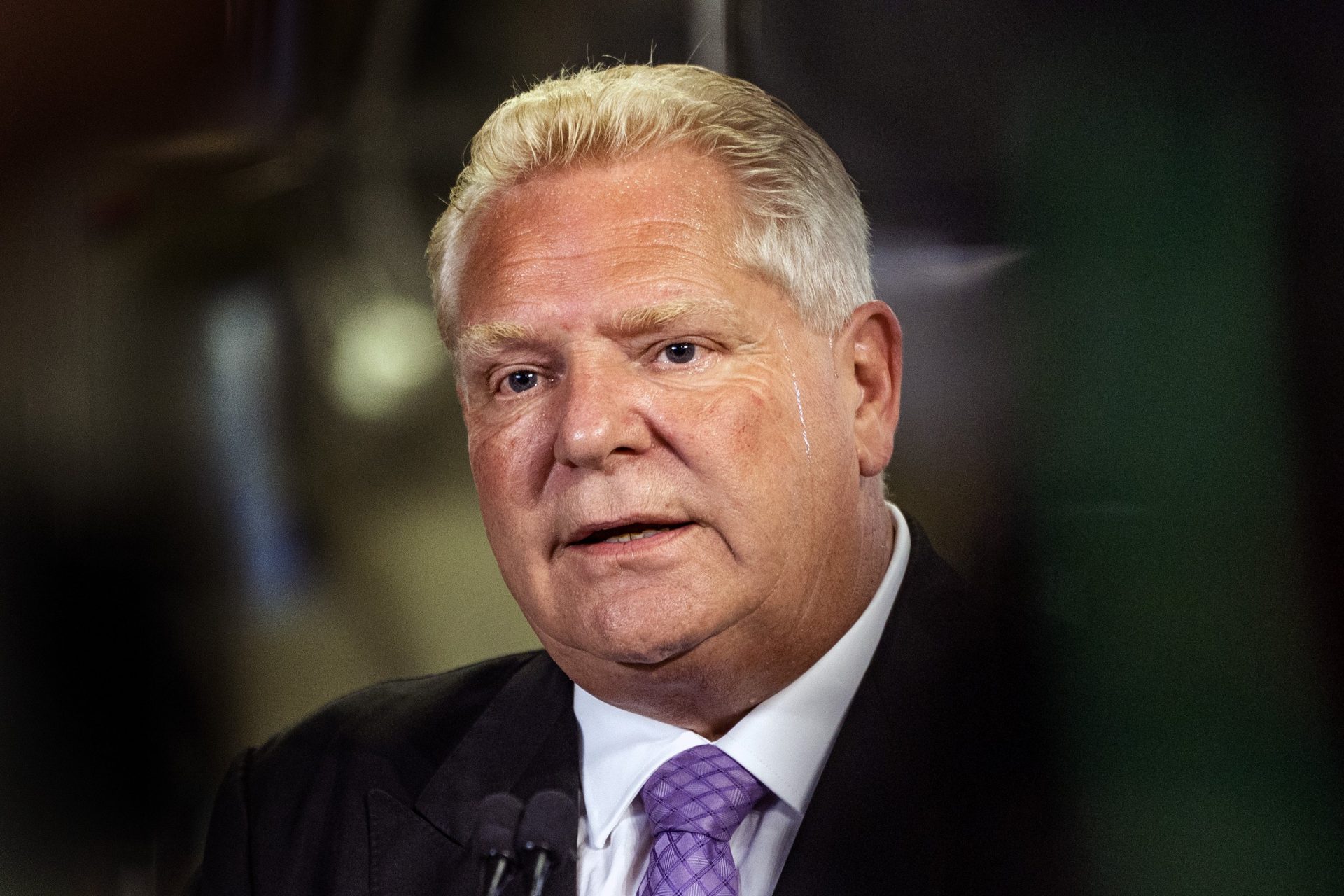The Power of the Placebo Effect: 6 weird things you didn’t know
The power of the placebo effect has been well documented since its discovery but there are six interesting things about this medical phenomenon you might not know according to one cognitive science researcher.
Jeremy Howick is the author of the book ‘The Power of Placebos’ and a professor of Empathic Healthcare at the University of Leicester. He has published multiple research papers on the mystery of the placebo effect and recently wrote about why the phenomenon was so interesting for PsyOrg.
“Placebos have been studied more than any treatment in the history of medicine, yet they remain mysterious,” Howick explained in his recent article for PhysOrg on the placebo effect and the six interesting things he still finds fascinating about the effect.
If you’ve never heard of the placebo effect, that’s okay. It’s a very easy concept to wrap one’s head around. A placebo is essentially any medical treatment that seems to be real on its surface but isn’t according to WebMD.
“It could be a pill, a shot, or some other type of ‘fake’ treatment. What all placebos have in common is that they do not contain an active substance meant to affect health,” wrote WebMD’s Joseph Saling about the effect.
While scientists know a lot about the placebo effect thanks to dedicated researchers like Jeremy Howick, there is still a lot we don’t understand about placebos—a point Howick made quite clear in his article.
One of the most interesting aspects of the placebo effect for Howick isn’t the effect itself but rather the fact that it has what he called a “dark cousin” known as the nocebo effect. This effect works in the exact opposite way to a placebo.
“The nocebo effect is the opposite of the placebo effect. It describes a situation where a negative outcome occurs due to a belief that the intervention will cause harm,” Websafe explained about the effect. But how does this happen?
Howoick used an explanation to explain the nocebo, writing that a builder who stepped on a nail was taken to the hospital only to find out after having his boot removed that the nail had not entered his foot but went tight between his toes.
“Unfortunately, patients are often told more about the bad things that might happen than the good things, which can result in a self-fulfilling prophecy,” Howick wrote. Sometimes knowing a drug can cause side effects can actually induce those side effects.
Placebos are a wonderful tool for doctors to use on patients and you might think that if a patient knows they’re being given a placebo it won’t work. However, placebos work for a patient even if they know they’ve been given a placebo!
“Honest placebos work because of our subconscious expectations,” Howick wrote. “Our past experiences of doctors and hospitals can generate subconscious expectations that activate our body’s inner pharmacy.”
Placebos are often thought of as unethical according to Howick but he noted that honest placebos, which are given with the intent to help in a way that makes the patient aware, are ethically acceptable in modern medicine.
Placebos are actually part of most medical treatments since things like the color or size of a pill given to someone for treatment can affect how they think the medicine will work. Howick argued doctors have an ethical duty to maximize this effect for their patients.
It turns out you don’t actually need a placebo to induce the placebo effect according to one trial cited by Howick that showed patients with an intravenous line who were told that they would receive morphine but still didn't see a reduction in their pain levels.
You have the power to induce the placebo and nocebo effects in yourself in the form of communication. Good communication skills can reduce anxiety and depression while a couple who focuses on the negative of partnership can weaken their immune systems.
“An easy way to generate positive placebo effects for yourself is by performing a random act of kindness, such as making a colleague a cup of tea, or simply smiling and saying hello,” Howick wrote. So it may be a good idea to focus your attention on others.
More for you
Top Stories



